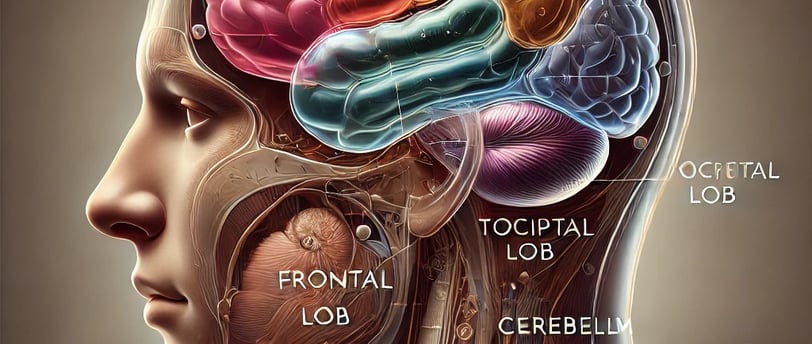Mental Health Awareness: Why it Matters and Practical Strategies For Well Being
Mental health is literally the backbone of our overall quality of life, influencing all aspects of how we think, how we feel and how we act. With the understanding of how important this is increasing, the mental well-being becomes more important in order to live a well balanced healthy life. Here’s why mental health matters and effective ways to maintain it:
Why Mental Health is Important
Physical Health Impact
Mental and physical health are very connected. Just like anxiety, stress, and depression can turn physical, so can physical symptoms such as regular headaches, suppressed immunity, strong chronic illnesses.
Better Relationships
Good connections come from a healthy mind. Mental health is also positive because it helps us to communicate, to be empathetic with people, then to build resilience to withstand the relationship.
Productivity and Focus
Increasing mental well being is related with improved concentration, creativity and decision making, which results in improved productivity at work or school as well as increased overall performance.
Life Satisfaction
Mental health that’s good supports an emotional balance that can help us balance our feelings, enjoy life, get through tough stuff, and stick to our guns with more satisfaction and resilience.
Controlled Strategies to Maintain Mental Well being
Exercise Regularly
Physical activity also releases mood and stress reducing endorphins. Try for 30 minutes of moderate exercise daily, five days per week.
Mindfulness and meditation are good practices to do.
Whether they’re practicing mindfulness or meditation, people find benefits such as stress reduction, increased focus, and greater self awareness. A little bit each day can go a long way.
Prioritize Sleep
It’s essential for mood regulation and mental clarity; sleep quality matters. Set a routine bedtime, set screen time before bedtime and create a 'calming' environments at night.
Eat a Balanced Diet
Mental health is affected by nutrition. Eating foods rich in vitamins, minerals and omega 3 fatty acids is good for brain health, while avoiding the sugar and caffeine can keep moods more stable.
Foster Social Connections
Forming strong relationships and getting the emotional safety of belonging to a community helps to mitigate the terrible loneliness. Stay in touch with friends, family, or support groups.
Consider Professional Support
A good therapy gives you tools to reduce stress and to deal with personal challenges. Engaging with a mental health professional can build resilience and help foster better well being.
Set Healthy Boundaries
Set boundaries with respect to work life, relationship life, and the commitment life. It helps preserve energy and mental balance to say ‘no’ to overcommitment, as well.
Create a limit of time for Screen and Social Media
Too much screen time on screen, and especially screen time on social media, could increase stress and decrease self esteem. Establish healthy boundaries to cultivate a balanced, meaningful offline life.
Cultivate Gratitude
A gratitude practice takes us away from negativity and focuses on the positive. Writing things you’re grateful for daily can boost mood and emotional resilience.
Learn How To Develop Stress Management Techniques
With outlets for stress (hobbies, creative activities, relaxation practices, such as yoga, progressive muscle relaxation), it keeps us at the intersection of the balance and mental clarity.
When to Seek Additional Help
But knowing when self care isn’t enough is equally important. If you feel sad, depressed, worried, tense, angry or are struggling to go about everyday tasks, this may be a time to get some professional support.
In Summary
Mental health is building resilience and raising our quality of life — it’s not just fixing problems. If we put mental well being on top of the list and make these strategies a part of your life, we lay down a solid base to face our difficulties with heroism, balance and a purpose.


